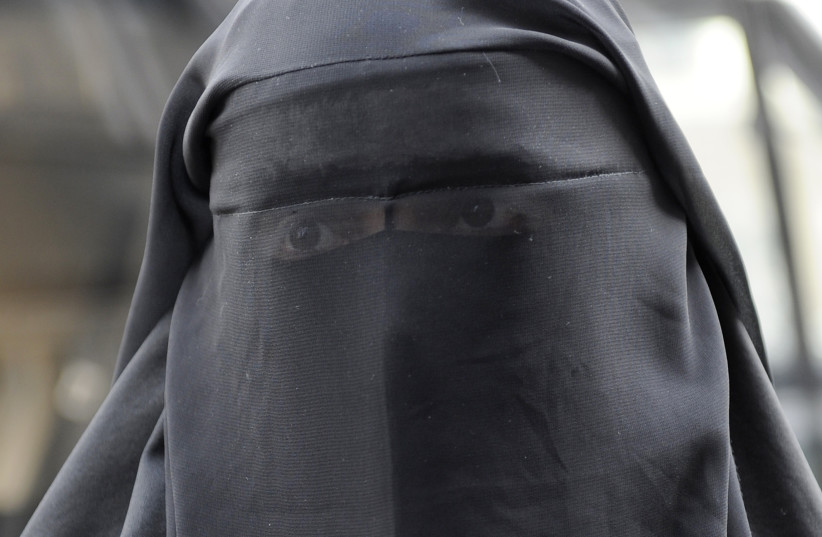Full-body swimwear including the Burkini should not be worn in public pools in the city of Grenoble, France's top administrative court ruled on Tuesday, upholding an earlier order by a lower court.
"The new rules of procedure for the municipal swimming pools of Grenoble affect (...) the proper functioning of the public service, and undermines the equal treatment of users, so that the neutrality of public service is compromised," the Conseil d'Etat said in a statement.
"A victory for our 'separatism' law, for secularism and above all for the Republic."
Interior Minister Gerald Darmanin
Body-covering swimwear - which leaves only the face, hands and feet exposed - is often worn by Muslim women who wish to preserve their modesty in accordance with their beliefs.
Grenoble's city council had voted in favor of allowing the use of burkinis on May 16, sparking howls of protest from conservative and far-right politicians.

The city's move was challenged by the government and a lower administrative court suspended the measure. Grenoble responded by taking its legal fight to the Conseil d'Etat.
After the Conseil d'Etat's ruling, Interior Minister Gerald Darmanin said Grenoble's act had been "definitively overruled."
"A victory for our 'separatism' law, for secularism and above all for the Republic," Darmanin said.
Nobody at Grenoble's city council was immediately available for comment.
Burkinis: an ongoing debate
The debate about burkinis has been heated in France since 2016, when a city in the south of France tried to ban them from public beaches. On that occasion, the Conseil d'Etat overturned the ban, saying it infringed fundamental liberties.
There is no nationwide ban in place, but they are prohibited in many public pools across the country.
Far-right party leader Marine Le Pen - who came second after Macron in presidential elections in April and who scored a historic success in Sunday's legislative elections - has said she wants to introduce a law banning burkinis in municipal pools.
Muslim rights organizations in France have said that bans on burkinis restrict fundamental liberties and discriminate against Muslim women.
France, which has the largest Muslim minority in Europe, estimated at 5 million, in 2010 introduced a ban on full-face niqab and burqa veils in public.
